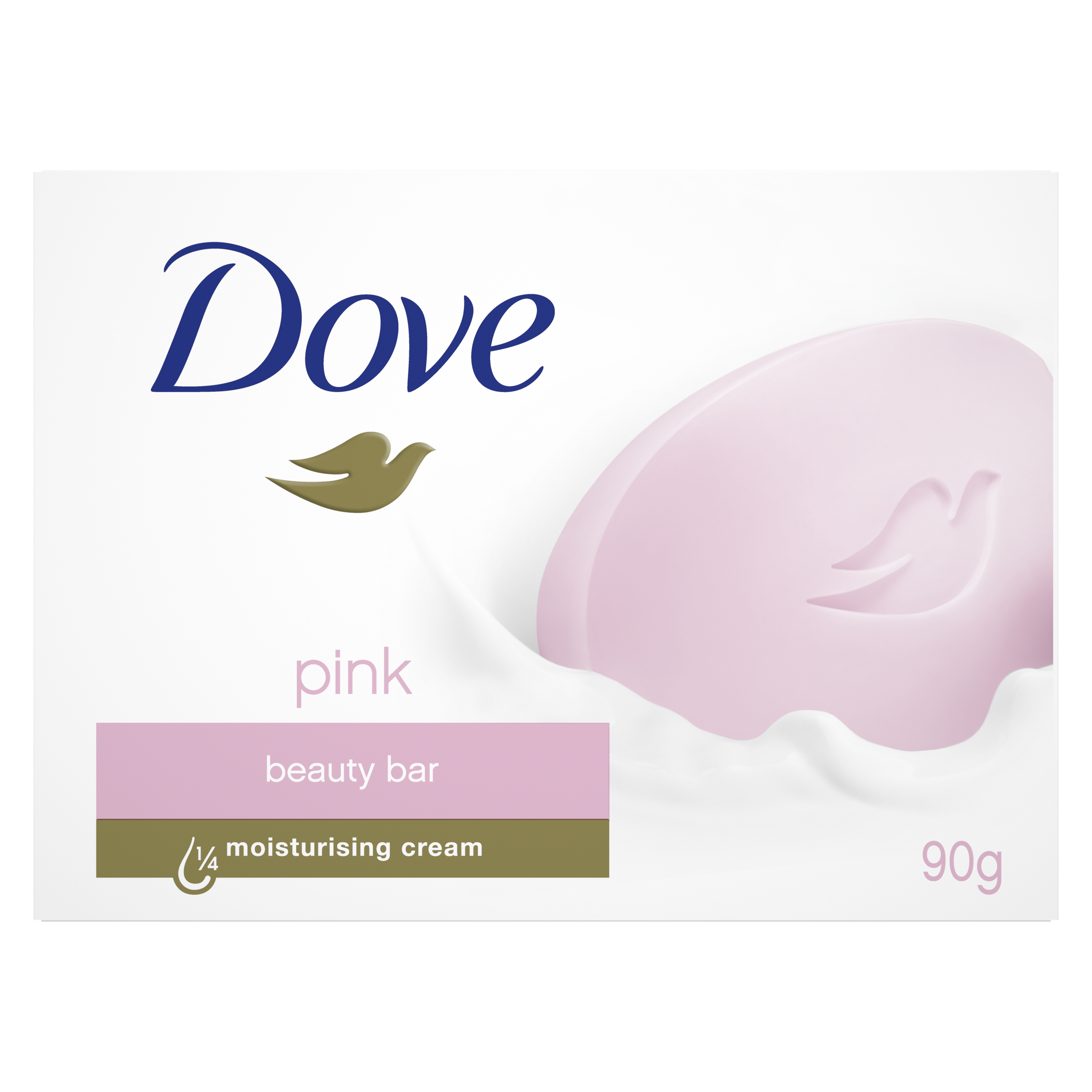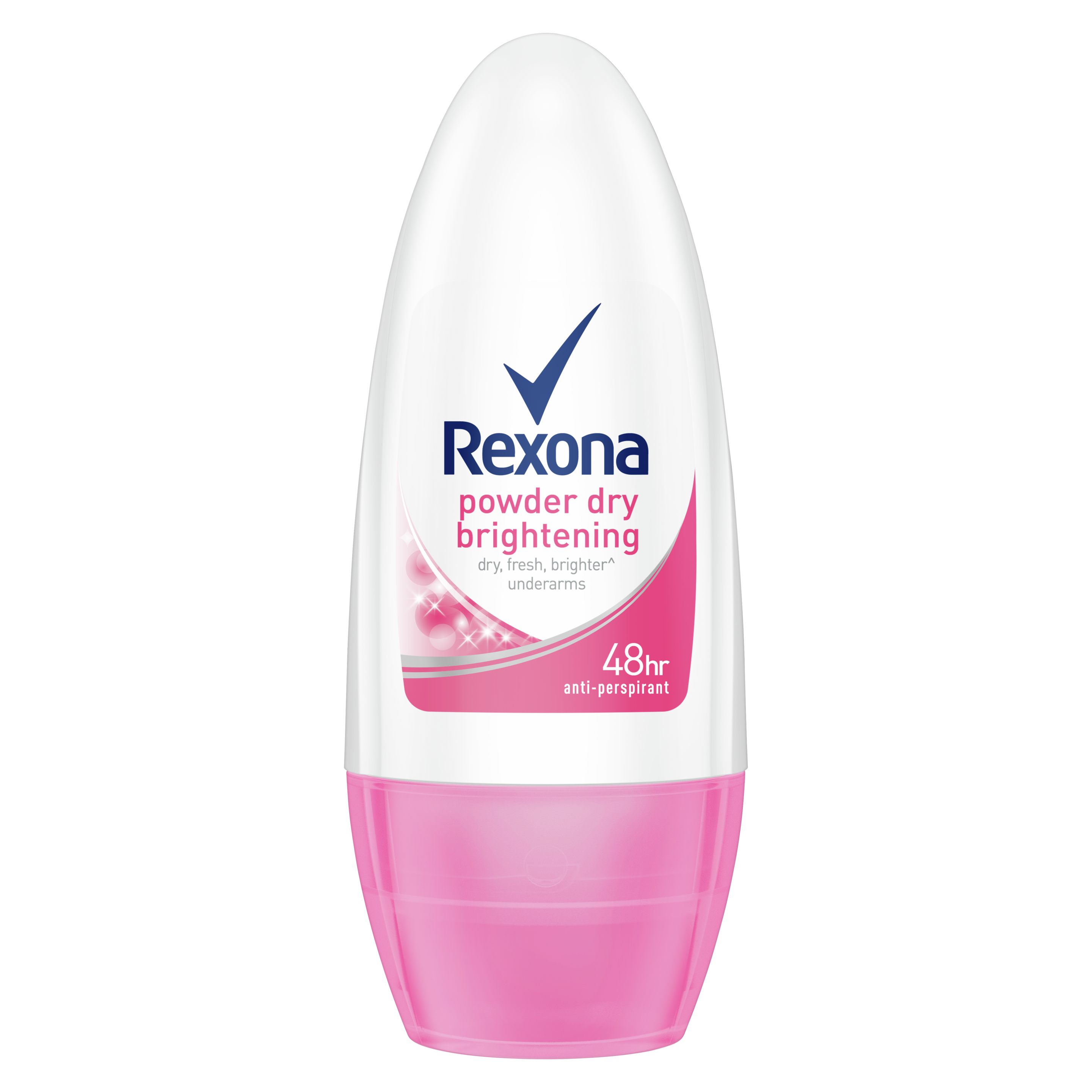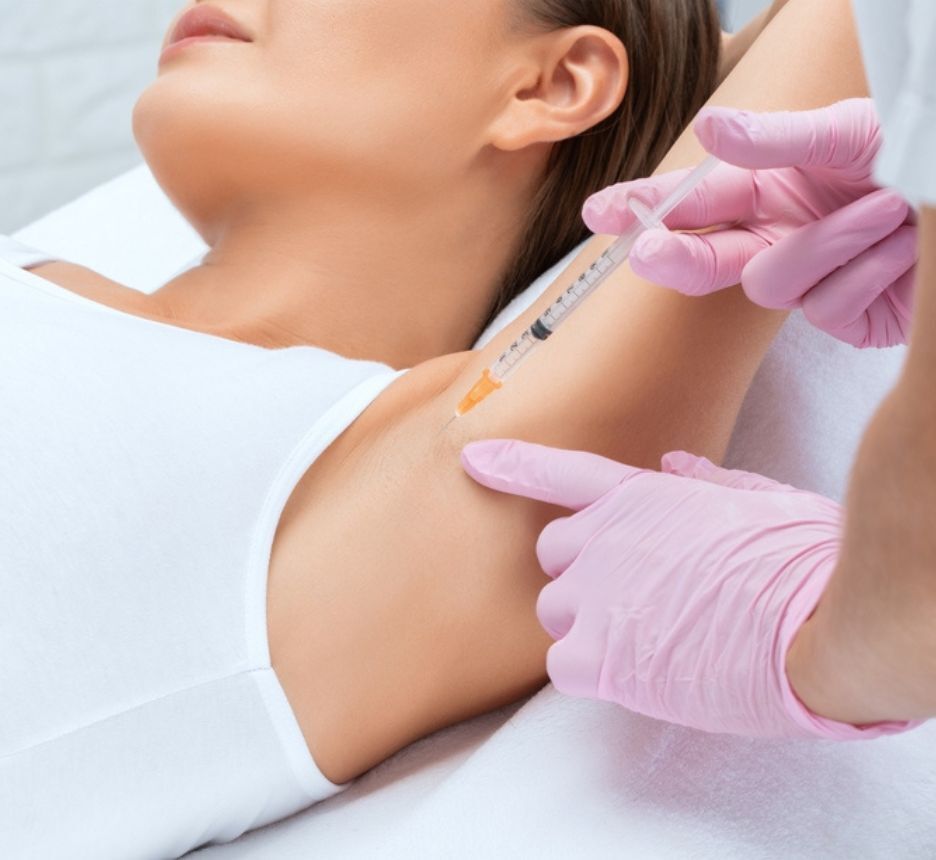Tips and Inspiration
From Unilever Beauty Experts
Ever noticed how your armpits get soaked and turn putrid when things get tense? That’s your body’s signal that you’re in freak-out mode. Unlike the perspiration you work up during a Pilates class, stress sweat is an entirely different – and much stinkier – beast. Why does stress sweat smell so much worse than regular sweat? Let’s break down the causes behind the stench and how you can keep it in check.
Stress Sweat vs. Regular Sweat
The sweat you release from feeling hot or doing rigorous activities comes from the eccrine glands, which are scattered all over your body. The fluid secreted from this type of gland is primarily made up of water, with hints of salt and potassium. Since it’s mostly water, this “regular sweat” doesn’t have an odor until it comes into contact with skin and mixes with bacteria.
Stress sweat, on the other hand, is produced and released by apocrine glands, which are located mostly in your armpits and genital area. These glands are activated when you’re under pressure as part of the body’s fight-or-flight response. The sweat itself doesn’t have any smell initially but contains more fats and proteins than water. Its thicker composition means it doesn’t evaporate easily, giving it more time to sit on the skin and mingle with odor-causing bacteria.
Is Excessive Sweating a Sign of Illness?
Your underarms release 30 times more sweat when you’re emotionally charged even when you’re at rest. So, it’s normal to experience a spike in perspiration during tense moments, whether it’s a big meeting at work or a first date with your crush. That said, if you find yourself sweating heavily even when you’re not feeling anxious, you might be dealing with hyperhidrosis – a medical condition that affects not only the underarms but also the hands, feet, and face.
Hyperhidrosis can be caused by many factors, such as genetics, taking certain medications, low blood sugar, and pregnancy. In severe cases, it may be an underlying sign of a more significant health problem, like hyperthyroidism or heart disease. If your sweat patterns interfere with your daily life, talk to a healthcare professional.
How to Stop Stress Sweat from Ruining Your Confidence
In theory, your stress sweat problem should be solved by simply calming those internal jitters. But that’s easier said than done. Luckily, there are other ways to help you stay fresh, no matter the situation.
1. Don’t skip deodorant and antiperspirant.
Make it a habit to use an antiperspirant deodorant after every shower. A few swipes of the product help neutralize odor and control sweat. Moreover, deodorants often contain ingredients that actively combat bacteria.
It’s important to choose a deodorant that works for your skin and lifestyle. Those who like to keep things quick and easy can try Rexona Dry Serum Deodorant Vit C + Anti-Stain. It’s absorbed into the skin almost instantly, saving you more time getting ready. Plus, it’s packed with vitamins C, B3, and E to help reduce dark marks on your underarms.
Another option is Rexona Roll On Deodorant Powder Dry Brightening, which provides 72-hour protection against sweat and odor. Equipped with MotionSense technology, it releases extra fragrance whenever you move.
2. Wear sweat-wicking fabrics.
The faster your sweat evaporates, the less smelly your armpits will be. You want to wear something breathable, pulls away moisture from your skin, and dries quickly. Bamboo and linen are your best bets as they’re lightweight and can help regulate your body temperature. Chambray – a plain weave fabric that resembles denim – is a close second. Avoid fabrics like viscose, rayon, polyester, nylon, and spandex as they tend to retain body odor.
3. Consider underarm hair removal.
Excess hair in your axilla region can trap sweat and bacteria, which spells trouble for you. Moreover, an armpit bush can make it harder for deodorant to reach the skin. Grooming your underarms regularly – by shaving, plucking, or waxing – helps minimize perspiration. Trim the hair instead if you have sensitive skin or prefer an au naturel look.
4. Try underarm Botox injections.
Botox is an effective and minimally invasive treatment for hyperhidrosis. A study claims it can reduce sweat production by 90%within two weeks after the first injection. This cosmetic procedure works by temporarily blocking the nerve signals that stimulate the sweat glands.
However, Botox is pricey, and you need follow-up injections every six to 12 months. Some people also experience skin irritation and other side effects post-treatment, though they usually go away after a few days. Be sure to get your Botox injections done by a licensed dermatologist.
5. Learn basic mindfulness practices.
Maybe you’ve tried meditation and decided it’s not for you. But there are many other mindfulness practices, You just have to find what clicks.
Some people feel more relaxed after sitting in a lotus position and chanting mantras for several minutes, while others ground themselves through breathing exercises. If none of these appeal to you, try your hands at journaling, knitting, or doing 30-minute walks.
Stress sweat is a natural, albeit annoying, part of life. But don’t let it control your life or make you feel uncomfortable in your skin. Take proactive measures to manage your emotions and perspiration as best as you can.









